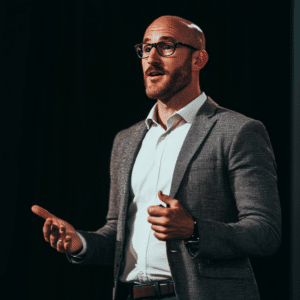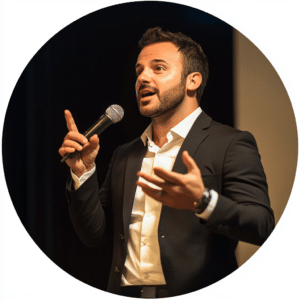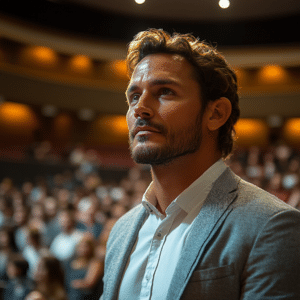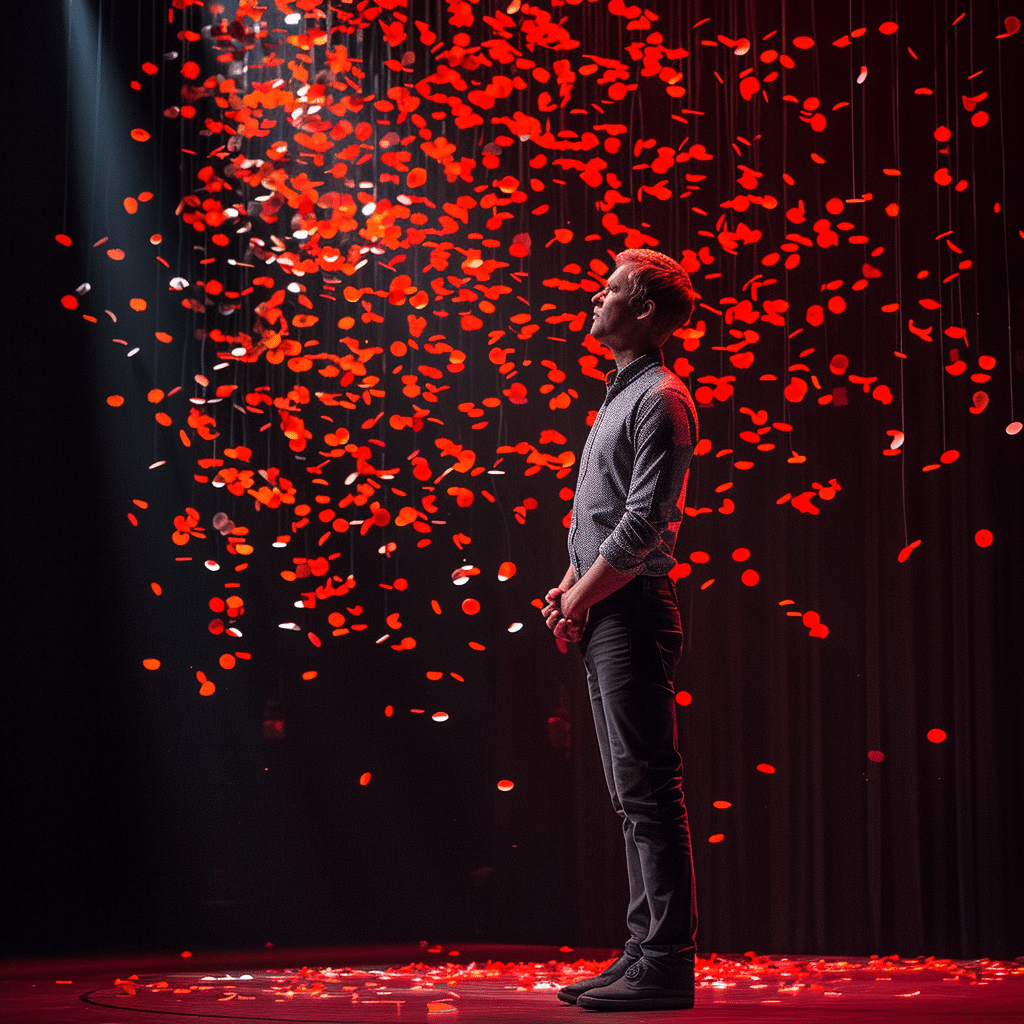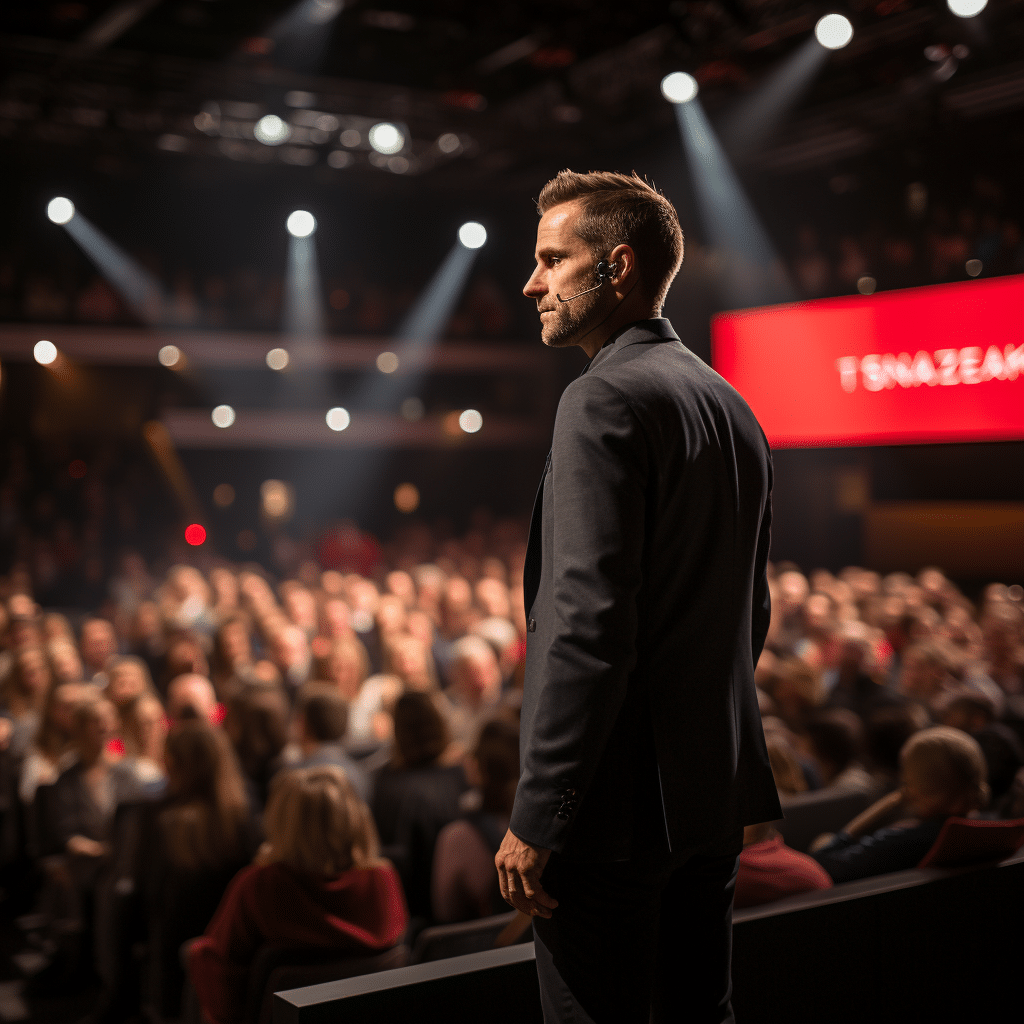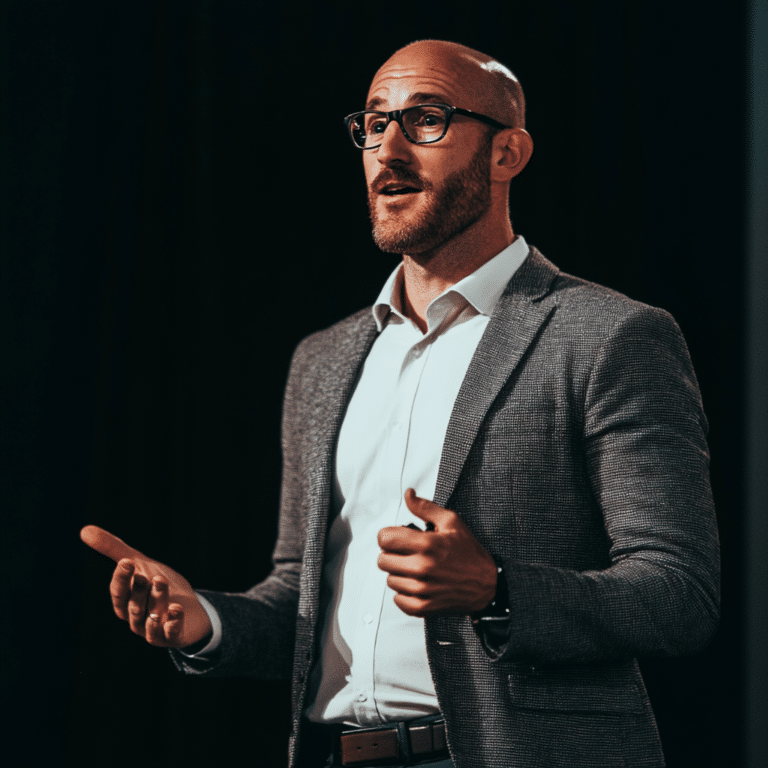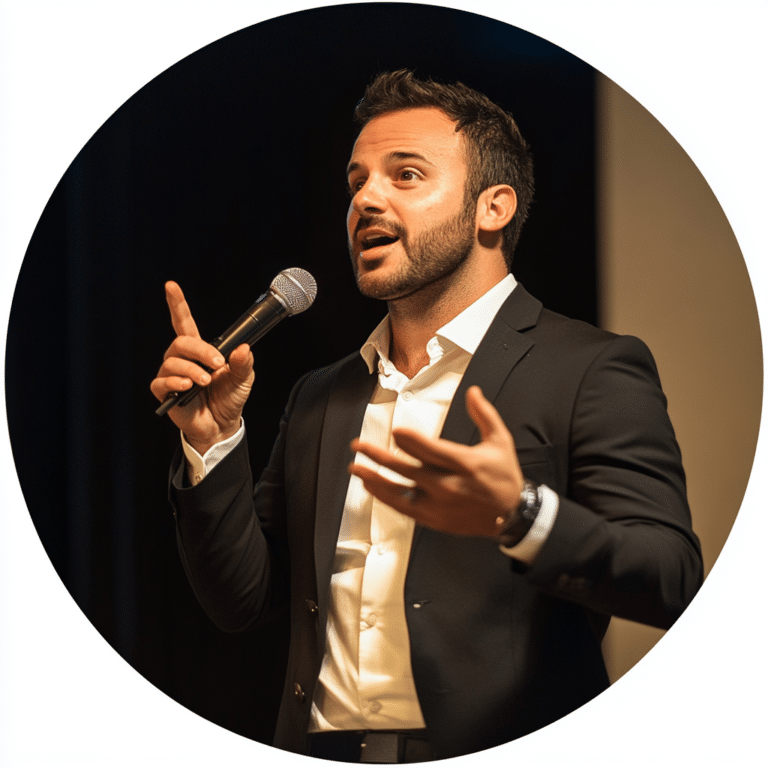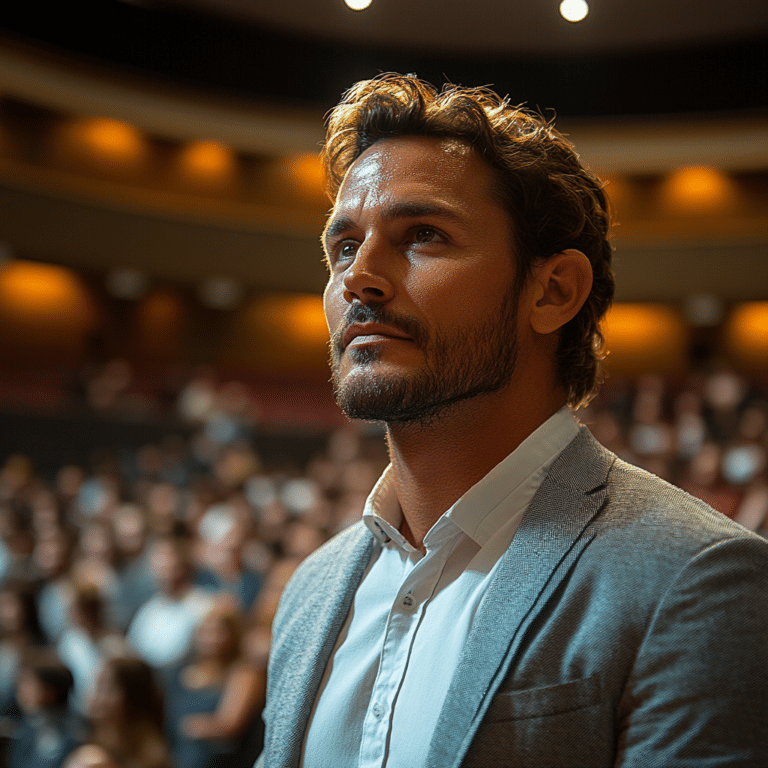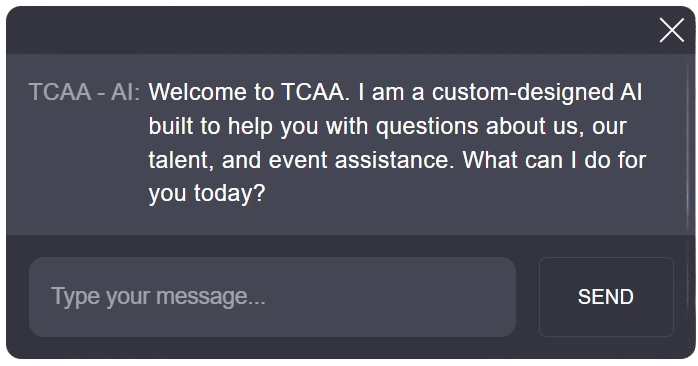Paul Orfaela: The Early Years and Founding of Kinko’s
Discovering His Entrepreneurial Spirit
Paul Orfaela, born to Syrian-Jewish immigrant parents, showcased entrepreneurial ambitions from a young age. This spirit was significantly influenced by his family’s hardships and perseverance in establishing a livelihood in a new country. Despite being diagnosed with dyslexia and ADHD, challenges that posed significant hurdles in his academic journey, Paul Orfaela’s resilience saw him channel these difficulties into strengths. By exploring unconventional learning styles, he nurtured his creative thinking, which laid the foundation for his future business ventures.
The Inspiration Behind Kinko’s
In 1970, Paul Orfaela, then a college student, was confronted with a significant oversight in the market. Students and businesses struggled with the tedious process of creating photocopies, a task that was neither easily accessible nor affordable. Armed with a $5,000 loan from his parents, Orfaela opened the first Kinko’s copy shop near the University of California, Santa Barbara. This small outlet offered an innovative solution to the student community — affordable photocopying services, which quickly became a massive hit.
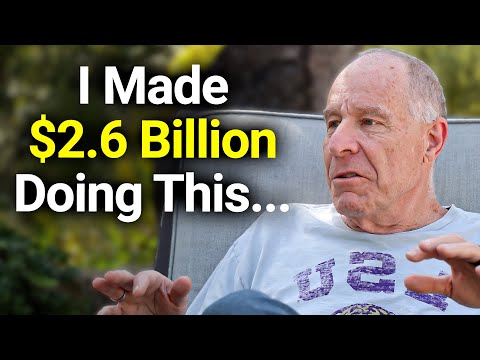
Paul Orfaela’s Leadership Style and Vision
Revolutionizing the Copying Industry
Paul Orfaela’s forward-thinking strategy transformed Kinko’s from a small photocopying outlet into a thriving chain with a reputation for outstanding customer service and convenience. He cultivated a corporate culture focused on employee empowerment and a decentralized management style. Orfaela believed in giving employees autonomy, fostering a sense of ownership and responsibility. This culture encouraged creativity and innovation, which were pivotal in Kinko’s rapid expansion.
Emphasizing Customer-Centric Innovation
Orfaela’s philosophy always placed the customer at the core of business operations. For instance, in the early 1980s, as more small businesses emerged, there was an increasing demand for services that went beyond simple copying. Observing this, Kinko’s began offering services like desktop publishing, computer rentals, and business card printing. By continuously adapting to meet the evolving needs of their clients, Kinko’s maintained a significant competitive edge, avoiding the traditional pitfalls of a static business model amidst economic shifts and trends.

| Attribute | Information |
| Full Name | Paul Orfalea |
| Date of Birth | November 28, 1947 |
| Place of Birth | Los Angeles, California, USA |
| Education | Bachelor’s degree in Business Administration, University of Southern California |
| Key Achievement | Founder of Kinko’s, Inc. |
| Founded | Kinko’s (now FedEx Office) in 1970 |
| Business Model | Self-service photocopying and business services |
| Initial Concept | Provide affordable copying services to students |
| Expansion | Grew to over 1,200 stores globally before being sold to FedEx in 2004 |
| Sale to FedEx | Kinko’s was acquired by FedEx for $2.4 billion |
| Awards | Numerous entrepreneurial and business leadership awards |
| Philanthropy | Actively involved in educational and philanthropic endeavors |
| Books Authored | “Copy This!” and “Two Billion Dollars in Nickels” |
| Learning Disability | Diagnosed with dyslexia, which influenced his innovative business strategies |
| Speaking Engagements | Focus on entrepreneurship, overcoming adversity, and innovative business |
Paul Orfaela’s Challenges and Triumphs
Overcoming Personal and Professional Obstacles
Paul Orfaela’s entrepreneurial journey was not devoid of setbacks. His severe dyslexia and attention deficit disorder often made traditional business operations challenging, including the management of everyday tasks and strategic planning. However, instead of perceiving these as deterrents, Orfaela honed skills that many traditional business leaders underestimated, such as delegation and strategic partnerships. For example, he built strong teams where every member’s strengths were leveraged, allowing him the freedom to focus on big-picture strategies, much like Pat Riley’s coaching career fostered a team-centric environment that led to multiple championships.
Harnessing Market Dynamics and Trends
Throughout its history, Kinko’s faced numerous market dynamics, including the digital revolution and increasing competition from established brands like Office Depot and Staples. Paul Orfaela’s strategic foresight was instrumental in addressing these changes. Rather than resisting the transition to digital media, Kinko’s embraced it by expanding their offerings to include digital printing and online ordering services. This adaptability ensured Kinko’s remained relevant in an ever-changing market and avoided becoming obsolete.
Strategic Partnerships and Acquisitions
In 2004, recognizing the potential for growth and innovation, Paul Orfaela orchestrated the sale of Kinko’s to FedEx for $2.4 billion. This move did not just expand Kinko’s market presence but also integrated its services with FedEx’s logistics and shipping capabilities. This strategic acquisition underscored Orfaela’s vision for creating synergies that would amplify both brands, offering customers a one-stop solution for their business needs during periods of market transition and volatility.

Paul Orfaela’s Legacy and Philanthropy
Impact on Modern Entrepreneurship
Paul Orfaela’s remarkable journey from a small-time entrepreneur to the founder of one of the most influential business service chains has inspired countless budding entrepreneurs. His story is often cited in business schools and entrepreneurial forums as a shining example of how adversity can fuel innovation and success. His decentralized management style and customer-centric approach are now considered best practices in modern business strategies, influencing entrepreneurs who continuously practice public speaking to harness their full potential.
Commitment to Philanthropy and Education
Beyond his business achievements, Paul Orfaela has made significant contributions to education and dyslexia research. His foundation, the Orfaela Fund, focuses on promoting educational initiatives and sustainable development programs. Orfaela’s commitment to philanthropy underscores his belief in giving back to the community and supporting the next generation of leaders and innovators. This commitment is akin to supporting endeavors like learning Spanish For weed rehabilitation programs, which aim to assist in diverse academia and societal needs.

Paul Orfalea: A Visionary Beyond Copying Services
Paul Orfaela’s innovative approach and undeterred spirit have left an indelible mark on the business world. His journey from a struggling student to the founder of a business empire exemplifies the power of resilience and visionary thinking. Orfaela’s legacy lies not just in the bricks and mortar of Kinko’s establishments but in the inspiration he provides to entrepreneurs worldwide. His story continues to resonate, illustrating that true ingenuity often stems from overcoming the most profound challenges.
Paul Orfaela, through remarkable vision and relentless dedication, established a blueprint for entrepreneurial success that harmonizes business acumen with empathy and resourcefulness. This story isn’t just about founding Kinko’s; it’s about molding an entrepreneurial path that upholds the values of foresight, adaptability, and community service.

For those seeking more than just ordinary speaking engagements or speakers who aspire to greatness, public speaking Tips, and examples like Paul Orfaela are invaluable. At TCAA, we encourage future leaders to practice public speaking and deliver their message with powerful conviction.
Paul Orfaela: Kinko’s Founder and Visionary
Early Beginnings and Challenges
Kinko’s, now a household name, wouldn’t exist without the inventive mind of Paul Orfaela. Did you know Paul started Kinko’s with just a modest $5,000 loan from a bank? While it may sound like a small sum today, back then, it was a considerable amount, especially for someone like Paul who was dyslexic and often struggled in traditional educational settings. His tenacity to see the big picture played a huge role in overcoming these obstacles. Much like the tenacity of those navigating the benefits under the Service Members civil Relief Act for various supports, his persistence and vision kept driving him forward.
Interestingly, Paul didn’t have a formal business plan when he founded Kinko’s in 1970. Instead, he followed his gut instincts and a simple philosophy: treat employees like family and customers like friends. This approach might sound familiar if you’ve read about the success stories of great coaches, kind of like the inspiring journey of the Pat Riley coaching career. It seems successful people often have an intuitive sense of what works best!
Paul’s Unique Vision for Business
Orfaela’s business strategies had a kind of ingenuity that was before its time. For example, he was one of the early adopters of the idea of putting college students to work on their own campuses. That wasn’t just a cost-saving measure; it also made sure the employees had a personal stake in the business. It reminds me of the goal-oriented approach we see in many successful ventures today, like the clear goals outlined by organizations aiming as high as possible, such as those detailed on the specific goal as websites. His strategic mindset proved effective as it allowed him to tap into a dedicated workforce right at the source.
His insights were also pioneering in other respects, showing an understanding of future trends. For instance, long before remote work and digital presentations became mainstream, Paul had an uncanny knack for prediction. One can draw a parallel with how the demand for virtual presentations has skyrocketed nowadays, aligning with how Orfaela’s forward-thinking created a resilient foundation for Kinko’s expansion in digital-era contexts.
Fun and Lesser-known Trivia
Besides being a successful entrepreneur, Paul Orfaela was quite the character with some fun tidbits that reveal his personality. For instance, he earned the nickname “Kinko” in college because of his curly hair. Little did anyone know at the time that this endearing nickname would eventually become one of the most recognizable brands in the business world! Speaking of interesting personalities, you might want to check out the eclectic experiences of notable figures like De Zerbi to appreciate the diversity in the journeys of great minds.
On another note, despite his challenges with dyslexia, Paul was an avid reader and constantly sought to improve his knowledge base. It’s inspiring—he believed in taking notes relentlessly. This habit might resemble modern practices encouraging detailed documentation, similar to keeping organized speaker Notes Examples during presentations, showing once again that some old habits never truly go out of style.
Paul Orfaela’s journey from a struggling student to a visionary entrepreneur is as inspiring as it is intriguing. As you consider how his early decisions shaped his company’s path, it prompts reflection on current trends such as today’s current home loan rates, showing how far-reaching and impactful visionary leadership can be. Isn’t it fascinating how seemingly simple beginnings can lead to such expansive success?



